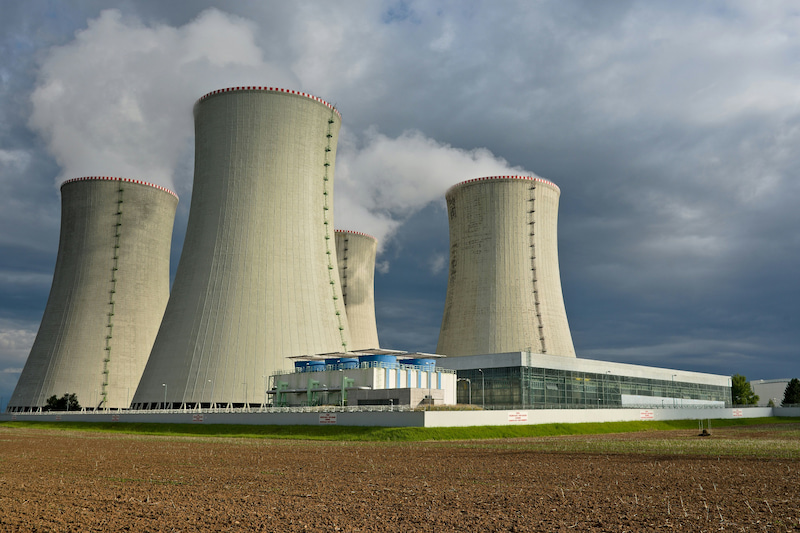Vietnam has committed to net-zero emissions by 2050. In addition, based on the Power Development Plan VIII, power generation is expected to grow to 150 gigawatts in installed capacity by 2030 (more than double the 2020 figure) and to 490-573 gigawatts by 2050.
Vietnam relies heavily on coal, hydroelectric, and natural gas for its energy needs. As the country grapples with growing energy demands and ambitious climate goals, nuclear power has re-emerged as a potential solution to bridge the gap between sustainability and economic growth.
The country's interest in nuclear energy dates back to the early 2000s, with initial plans to construct nuclear power plants in Ninh Thuan Province. However, in 2016, Vietnam's National Assembly suspended the nuclear power project due to project risks, economic feasibility concerns, and public debt considerations, among other reasons.
The landscape has changed significantly since then, and the Vietnamese government has recently proposed to revisit its nuclear energy ambitions. Nuclear power could provide a stable, large-scale energy source that complements renewables like solar and wind. Countries with close economic connections to Vietnam, such as China and South Korea, are also expanding their nuclear power capacity. This may inspire Vietnam to reconsider its position, especially as the technology becomes safer and more cost-effective.
How can nuclear energy help Vietnam achieve its climate targets and energy security?
Nuclear technology has risks but can significantly reduce carbon emissions and address climate change in Vietnam if well managed. Unlike fossil fuel-based energy sources like coal and natural gas, nuclear power produces electricity without emitting greenhouse gases (GHG) during operation. This makes it a low-carbon energy option.
Nuclear power has advantages over renewable energy sources such as solar and wind, which are crucial for reducing emissions but are intermittent due to their reliance on weather conditions. Vietnam's hydropower sector, currently accounting for around 30% of electricity generation, is also increasingly vulnerable to climate change impacts such as droughts and changing rainfall patterns. Nuclear energy can provide consistent and reliable baseload power, ensuring a stable energy supply when other renewables are not generating sufficient electricity.






